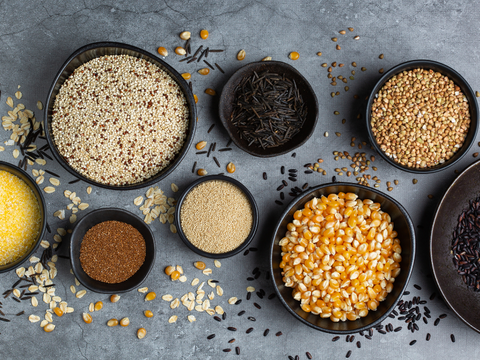Hello, dear readers!
Today, we’re going to talk about a topic that’s been getting a lot of attention in recent years: gluten intolerance. Gluten intolerance is becoming increasingly common, affecting millions of people around the world. This is a topic that will be familiar to many, so let’s delve into it and demystify it.
First, what is gluten intolerance? Essentially, it is a disease in which the body is unable to properly digest gluten (a protein found in wheat, barley, and rye). This intolerance can range from non-celiac gluten sensitivity to celiac disease, a severe autoimmune disease.

The causes of gluten intolerance are complex and may involve genetic predisposition and environmental factors. Symptoms vary from person to person, but common ones include bloating, diarrhea, constipation, fatigue, and unexplained weight loss.
A key point to note is that gluten intolerance is not a fad or a choice. This is a real medical condition that can significantly impact a person's quality of life. Unlike food allergies, gluten intolerance does not cause life-threatening allergic reactions. Still, if left untreated, it can lead to serious health complications, including malnutrition, osteoporosis, and even some types of cancer.
So, how do you know if you have gluten intolerance? If you experience any of the above symptoms after eating gluten-containing foods, it's worth talking to your doctor. They can order testing to determine if you have celiac disease or non-celiac gluten sensitivity.
Fortunately, managing gluten intolerance is becoming more manageable than ever thanks to increased awareness and the availability of gluten-free products. The main treatment for gluten intolerance is a strict, lifelong gluten-free diet. This means avoiding all foods and drinks containing wheat, barley and rye.

Living a gluten-free lifestyle may seem daunting at first, but with time and practice, it will become second nature. Today there are a variety of delicious and nutritious gluten-free foods, from bread and pasta to beer and cookies.
Remember, it's important to read food labels carefully because gluten can be hiding in unexpected places, such as sauces, processed meats, and even some medications. Consulting a nutritionist can also be very helpful in navigating the world of gluten-free.
In summary, gluten intolerance is a serious but manageable condition. If you suspect you may have this condition, seek medical advice immediately. With the right knowledge and resources, living gluten-free can be a healthy and satisfying journey.
Stay tuned for more health related topics and as always take care of your health as it is the most valuable thing you have.
Remember: your health, your life, your way!


















